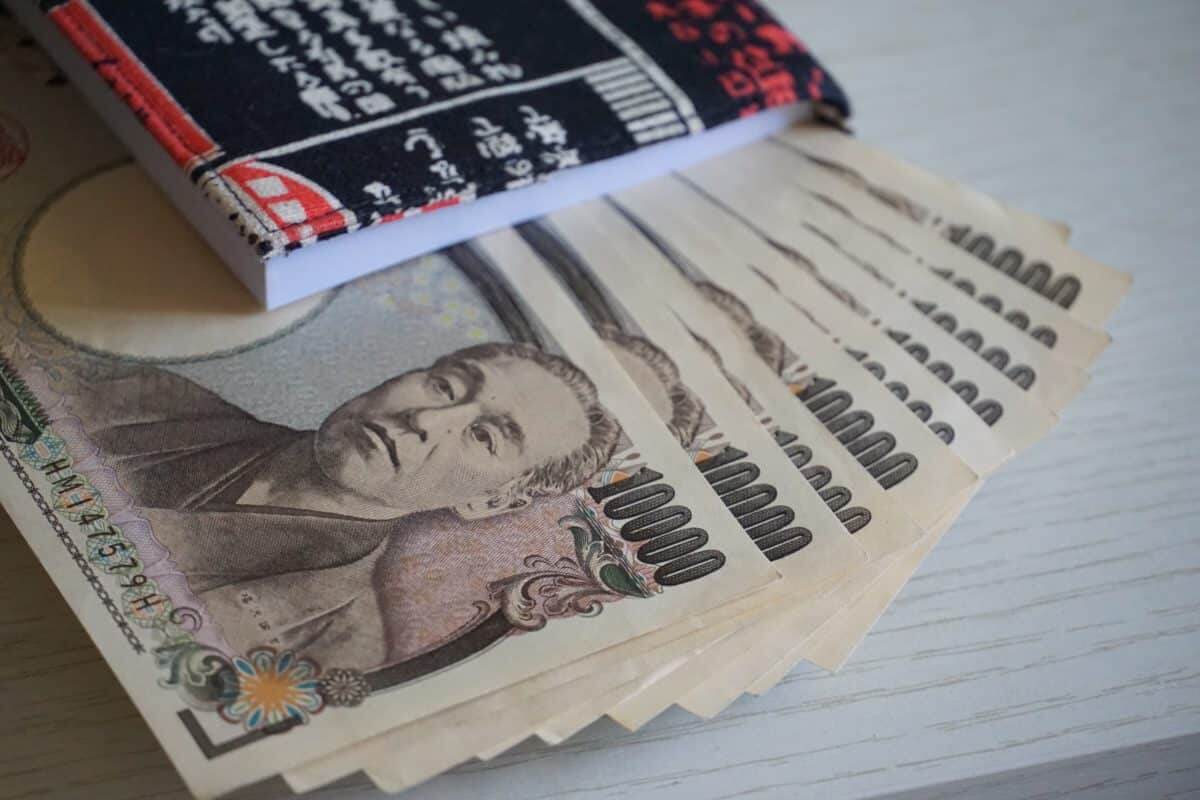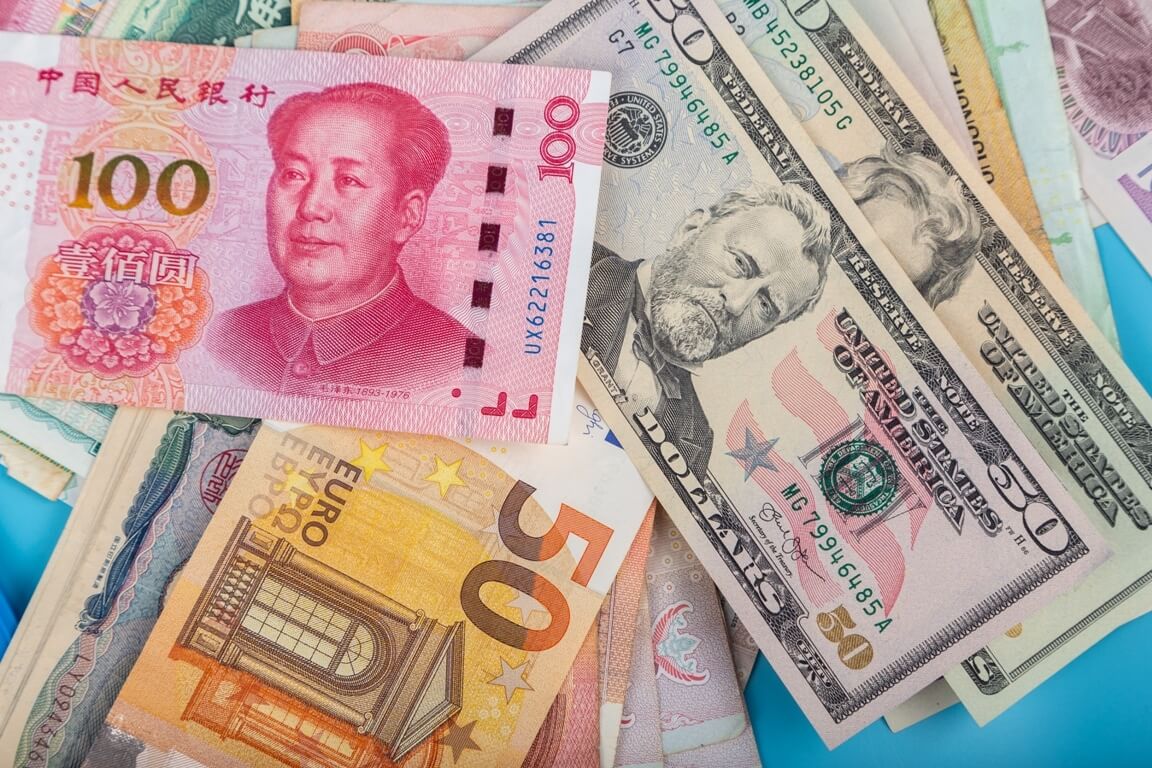
Yen Conversion Warnings Spark Early Focus
In today’s globalized economy, currency conversion plays a crucial role in international trade and finance. Among the many currencies that capture the attention of traders and investors, the Japanese yen stands as a formidable contender. We will delve into the intricacies of yen conversion and shed light on the relationship between the yen, British Pound (GBP), and euro. Understanding these dynamics will empower you to make informed decisions and navigate the complex world of global currency markets.
Yen Conversion and its Impact on Yen to GBP Exchange Rates
The yen has long been recognized as a safe-haven currency, attracting investors during times of economic uncertainty. However, recent market trends have led to a significant drop in the yen’s value against major currencies. One such pairing that merits attention is the yen to GBP exchange rate.
As the yen weakens in comparison to the British Pound, it presents opportunities and challenges for traders and businesses alike. For instance, a weaker yen could make Japanese exports more affordable for British consumers, boosting bilateral trade. On the other hand, British companies with investments in Japan might experience reduced returns due to the unfavorable exchange rate. Keeping a close eye on the yen to GBP trends becomes crucial for those involved in cross-border transactions and investments.

Exploring Exchange Rates: A Tale of Two Currencies
The relationship between the yen and the euro is another vital aspect of yen conversion. While the yen has a reputation for stability, the Eurozone has its own set of economic challenges. Fluctuations in the yen to euro exchange rate can be influenced by various factors, such as interest rates, economic indicators, and political developments.
The exchange companies engaged in trade with Japan, understanding the yen to the euro exchange rate is paramount. A weaker yen can translate into higher costs for importing Japanese goods, affecting profit margins. Conversely, a stronger yen can make European exports more competitive in the Japanese market. These nuances highlight the need for businesses to stay well-informed about currency fluctuations to mitigate risks and seize opportunities. The US dollar exhibited significant gains, reaching a peak not witnessed in over two months. This surge was fueled by the release of data indicating that European inflation was declining at a faster pace than initially anticipated, alongside indications that China’s economic recovery was faltering.
The euro experienced a decline of 0.67%, settling at $1.066. This marked its lowest value since March 20.
Unleashing the Potential of Yen Conversion: Navigating Global Financial Forces
The realm of yen conversion unveils a captivating landscape where global financial forces intersect. The yen’s value against major currencies, such as the British pound and the euro, holds great significance for traders, investors, and businesses around the world.
Whether you are a seasoned trader seeking profitable opportunities or an entrepreneur navigating international markets, keeping a close eye on yen conversion trends is essential. By monitoring the yen to GBP and yen to euro exchange rates, you can make informed decisions that align with your financial goals.
In this ever-changing world of Tokyo currency markets, understanding the intricate dynamics of yen conversion empowers you to stay ahead of the curve. So, embrace the power of knowledge and venture into the realm of yen conversion, where possibilities abound.
The post Yen Conversion Warnings Spark Early Focus appeared first on FinanceBrokerage.




